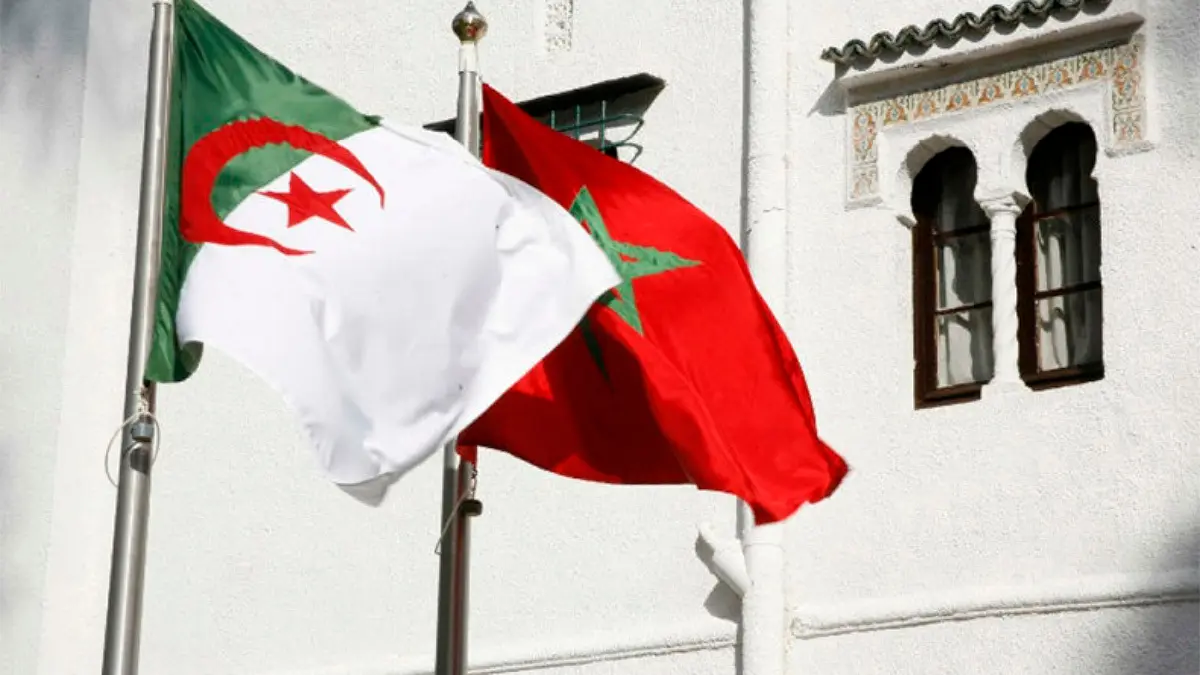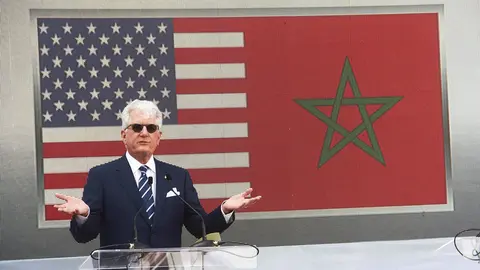The Makhzen Complex: A Psychoanalytical Decoding of Algeria’s Obsession with Morocco

- Why Algerian propagandists are obsessed with the Makhzen – A Psychoanalytical Analysis
- Conclusion: The Makhzen as Mirror and Threat
The Makhzen is often misunderstood outside Morocco, particularly by its detractors. For Moroccans, Makhzen is not simply a bureaucratic machine or a relic of feudalism—as often caricatured by outsiders—but a deep-rooted, historically evolved system of governance and social cohesion.
It refers to the network of traditional authority centered around the monarchy, which includes tribal leaders, dignitaries, religious scholars, and local notables who have historically played a vital role in maintaining unity, mediation, and legitimacy in a diverse and vast territory.
Rather than a rigid apparatus, the Makhzen has proven highly adaptive, absorbing modern institutions while maintaining continuity with Morocco’s political culture. It embodies continuity, stability, and a sense of identity. It is this very institution—understood not just as state power but as a symbolic and cultural center—that has ensured Morocco’s survival through colonialism, independence, modernization, and the present regional turmoil.
Why Algerian propagandists are obsessed with the Makhzen – A Psychoanalytical Analysis
From a psychoanalytical standpoint, the Algerian regime’s pathological obsession with the Makhzen can be seen as a textbook case of projective identification and narcissistic injury. Let us break this down:
1. The Makhzen as the “Symbolic Father”
In Lacanian psychoanalysis, the Name-of-the-Father (Nom-du-Père) represents the symbolic law that gives structure to desire, order, and identity. The Makhzen, in the Moroccan imaginary, plays that role: it structures the symbolic order of the nation. Algeria, born in revolutionary rupture, lacks this deep-rooted symbolic continuity. Its political order is haunted by the absence of a legitimized paternal figure—there is no equivalent of a unifying monarchy. Hence, the Makhzen becomes a fantasmatic Other, a projection screen for everything the Algerian regime unconsciously feels it lacks: rootedness, continuity, legitimacy.
2. Projection and Splitting
The Algerian regime splits the world into “us” (revolutionary, secular, virtuous) and “them” (reactionary, monarchical, manipulative). The Makhzen is turned into a bogeyman—blamed for every social unrest, regional loss of influence, or diplomatic failure. This is pure projection—a mechanism where internal conflicts are externalized and ascribed to the Other. Instead of confronting its own deep crises—economic failure, youth unrest, military domination—the regime externalizes blame onto Morocco and its governing model.
3. Narcissistic Wound and Envy
Morocco’s stability, global alliances, economic diversification, and successful royal diplomacy expose the failures of Algeria’s military oligarchy. This produces what Freud would call a narcissistic injury. Rather than admit internal decay, the Algerian state apparatus creates a paranoid fantasy of the Makhzen as a monstrous manipulator controlling Africa, Europe, and even Algerian dissent. This obsessive narrative masks envy—a desire to possess what the Other has, accompanied by hatred because one cannot.
4. Fixation and Compulsion to Repeat
Algeria’s state media and officials mention “le Makhzen” more than they mention their own institutions. This is a fixation—a psychic knot that cannot be worked through. In psychoanalytic terms, their discourse is a compulsion to repeat—the repetition of the same accusatory tropes against the Makhzen reveals an inability to symbolically resolve their own political trauma, namely the betrayal of the revolutionary dream by the generals who hijacked power.
5. Unconscious Admiration and Identification
Lastly, there is repressed identification. The Algerian state, beneath its hostile rhetoric, secretly admires the symbolic power and international legitimacy of the Moroccan monarchy and its state apparatus. But since this admiration cannot be consciously admitted—given their foundational opposition to monarchy—it returns in the distorted form of obsession, attack, and paranoia. This is the return of the repressed.
Conclusion: The Makhzen as Mirror and Threat
For Algerian elites, the Makhzen is both a mirror—reflecting what they lack—and a threat—exposing the fragility of their power. Psychoanalysis teaches us that what we hate most is often what we unconsciously resemble or desire. In this sense, the anti-Makhzen hysteria is not just political—it is a deep-seated neurotic symptom of an unresolved postcolonial crisis in Algerian statehood.
By invoking the Makhzen obsessively, the Algerian regime unwittingly confirms its own identity crisis—rootless, brittle, and haunted by the authority it cannot emulate and the legitimacy it never fully acquired.



